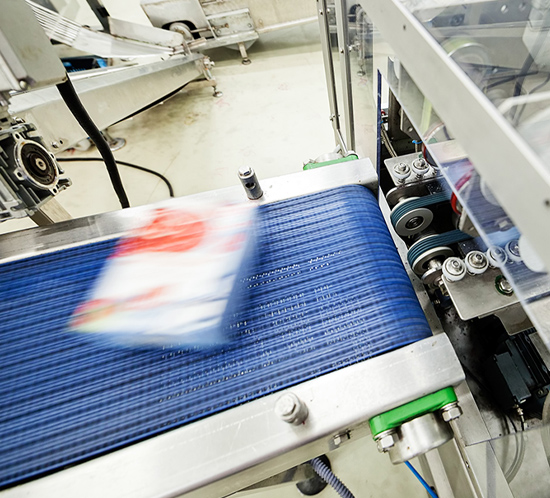Could your business see a 1,300 per cent return on investment on food waste measures?
More than a billion tonnes of food never gets eaten each year amounting to over $940 billion in economic losses annually, reports Craig Hanson (Global Director of Food, Forests, and Water at WRI) and Peter Mitchell (Head of Economics, WRAP) in their publication, The Business Case for Reducing Food Loss and Waste.
The issue of food waste has been catapulted to the fore in recent years, and what was seen in the past as 'part of the cost of doing business' is now being examined at every point in the supply chain to help to minimise food losses and improve profitability margins.

The Business Case for Reducing Food Loss and Waste reports that food companies that are actively investing in food loss and waste reduction, are recognising up to 1,300 per cent return on their investment. Food manufacturers are making the following changes to their businesses to realise financial benefits to their businesses:
- Conducting food loss and waste quantification ("inventories") in order to identify how much and where food was being lost and wasted, prioritise hotspots, and monitor progress over time
- Purchasing or leasing on-site equipment to quantify food loss and waste
- Training staff on food loss and waste reduction practices
- Purchasing equipment as part of material flow process redesigns or improved storage
- Changing food storage, handling, and manufacturing processes
- Changing packaging to extend shelf-life
- Changing date labelling on packaging
- Pursuing other staff and technology investments to reduce food loss and waste.
Outside of the economic wins, other less tangible benefits can be realised too. These relate to food security, waste regulations, environmental sustainability, stakeholder relationships, and a sense of ethical responsibility.
One way of tackling waste is through the element of packaging, designed to keep food fresher for longer and our Modified Atmosphere Packaging (MAP) gases can help.
Reference
Hanson, C., and P. Mitchell. 2017. The Business Case for Reducing Food Loss and Waste. Washington, DC: Champions 12.3










